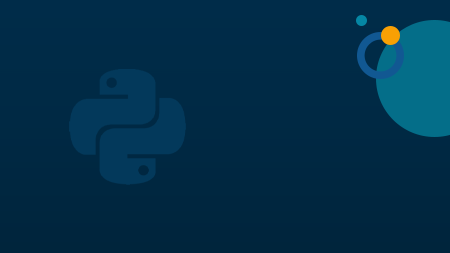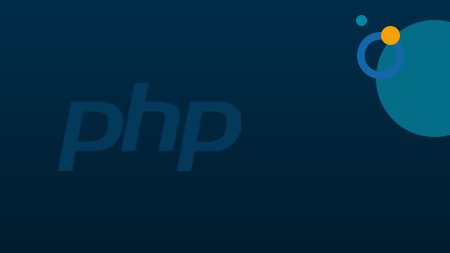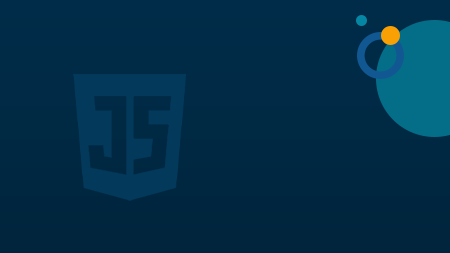
This is a foundational course designed to introduce participants to the world of programming and coding. This course aims to provide a gentle and accessible entry point into the field of computer programming for beginners with little to no prior coding experience.
Overall, this course is an excellent starting point for anyone interested in entering the world of programming and computer science. It equips participants with valuable skills and knowledge that have wide-ranging applications in today's technology-driven world.
This course covers the following key topics:
Programming Fundamentals: Participants will learn the fundamental concepts of programming, including variables, data types, operators, and control structures (such as loops and conditional statements).
Introduction to a Programming Language: The course often focuses on a specific programming language, such as Python, Java, or JavaScript. Students will learn the basics of syntax and how to write simple programs.
Problem Solving: Coding involves problem-solving skills. Students will be introduced to common problem-solving techniques and strategies used in programming.
Hands-on Coding: Participants will have the opportunity to practice coding through hands-on exercises and projects. These projects are designed to reinforce the concepts learned in the course.
Debugging: Debugging is a crucial skill for programmers. Students will learn how to identify and fix common errors in their code.
Introduction to Algorithms: Basic algorithmic thinking and problem-solving strategies are often covered to help students understand how to approach more complex coding challenges.
Taking this course offers several benefits:
Foundational Skills: It provides a solid foundation in programming concepts that can be applied to learning more advanced languages and technologies.
Career Opportunities: Coding skills are in high demand across various industries. This course can be a starting point for those looking to pursue careers in software development, data analysis, web development, and more.
Problem-Solving: Participants develop problem-solving and critical thinking skills, which are valuable in many aspects of life and work.
Creativity and Innovation: Coding allows individuals to create their own programs, applications, and websites, fostering creativity and innovation.
Preparation for Further Learning: It prepares individuals for more advanced coding courses and self-directed learning.
Enhanced Computational Thinking: The course enhances computational thinking, which can be applied to various fields, including science and engineering.
Personal Projects: Participants can use their coding skills to work on personal projects or hobbies.
Improved Analytical Skills: Coding involves breaking down problems into smaller, manageable steps, improving analytical skills.


